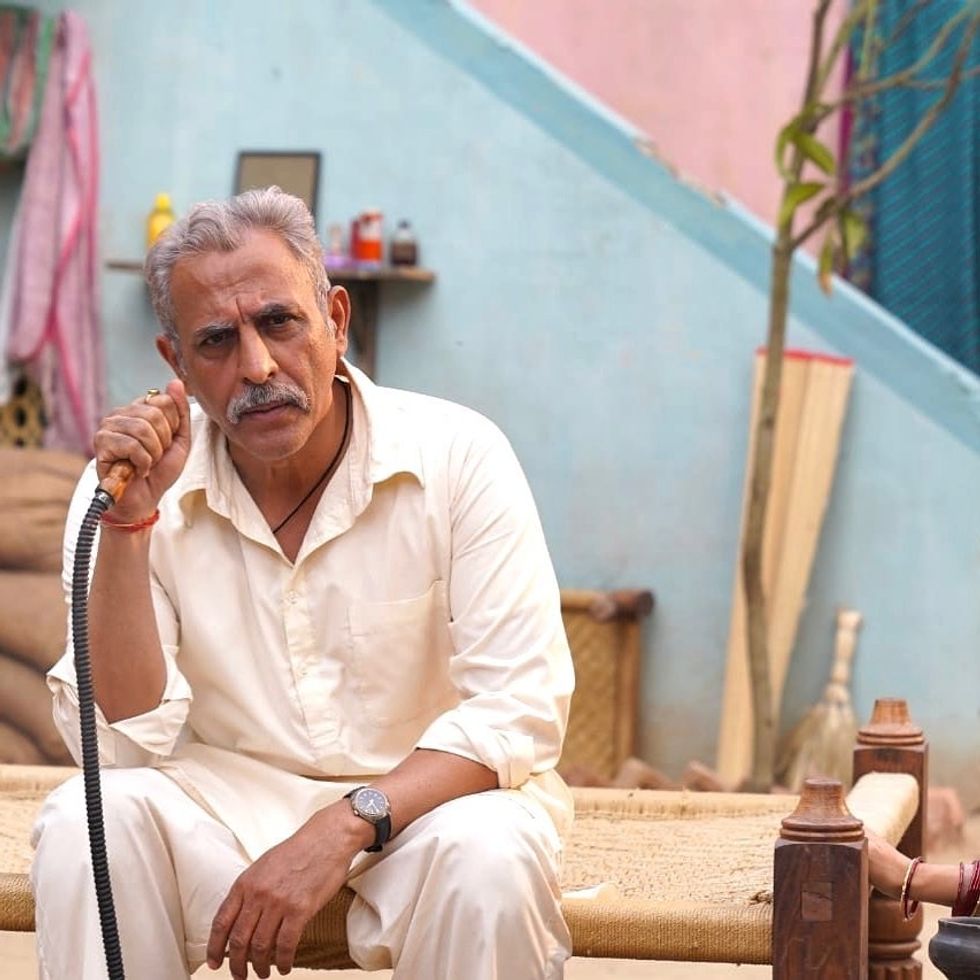Big-thinking director Ashutosh Gowariker is looking forward to the release of his epic historical Mohenjo Daro on Friday (August 12).
He has teamed up with his Jodhaa Akbar star Hrithik Roshan again for the ancient tale of a farmer who goes on a life-changing quest. The softly spoken director researched the subject for two years before he commenced shooting and was feeling quietly confident when Eastern Eye caught up with him in central London to talk about his mega-budget historical set over 4,000 years ago, Oscars, cinema and more.
You have cornered the historical film market in Bollywood. Where does your fascination for history come from?
(Laughs) Actually, I don’t know. I was not such a great history student when I was at school or college. I never remembered dates, dynasties or any-thing at all. But since the time I became a filmmaker, I was attracted to the idea of creating different worlds. It excites me to imagine the unimagined or tell stories which have not been told. To give you an example of what I am saying, if you look at Jodhaa Akbar, we have created the missing chapters in the story.
What do you mean?
We know the Agra Fort exists, but we don’t know what happened between Jodhaa and Akbar in those chambers. So I created that. History gives me that excitement. Even with this civilisation (in Mohenjo Daro) we don’t know anything about it; it’s all speculation based on excavated artefacts. How do you build a story around that? That excited me.
What was it like teaming up with Hrithik Roshan again?
Outstanding. It might sound patronising when I say this, but he has grown as an actor. Every creative person grows from experiences of their previous work, and that is what has happened to him. I feel that’s a great boon for me or any other filmmaker because he is able to take the script several notches higher by his portrayal of the character.
I might have written Sarman the Indigo farmer and created whatever picture I want of him in the script, but ultimately the actor has to live it. Hrithik has lived it in a manner where I feel that he has gone beyond what I wrote. It’s been lovely to be working with him again.
Why did you decide to cast newcomer Pooja Hegde opposite Hrithik in Mohenjo Daro? The character of Chaani needs innocence and freshness. The actress needed a lot of dignity and grace in her persona to play it, because that cannot be trained or infused in them. I couldn’t find anyone who had those qualities. Then my wife Sunita (Gowariker), who is a producer on the film, spotted Pooja in a TV commercial, and that’s how I called her in. At the first audition itself, she was fabulous. I knew then that we had found what we wanted in the character.
What can you tell us about the story?
I would say this is a story about a civilisation that moved and changed. We know that this civilisation, after a point, moved on, but we don’t know what happened. This fascinated me because I feel there is some correlation between the civilisation then and the one we are in now. Our world might be disintegrating, but we are not aware of it because we all are busy leading our lives. That is why I have called the year in the past as 2016 – it’s like a mirror of our civilisation today. So I am exploring that through this film.
Does it disappoint you that another Bollywood film hasn’t been nominated for an Oscar since your film Lagaan in 2002?
You know at the Academy, at BAFTA or the Caesars in France, world cinema is such that we cannot be sure as we don’t know which other films are participating. So you might send your best film and may feel like you should win, but until you have seen the others, you will never realise what it is like in comparison. Sometimes you win, sometimes you don’t. The attempt should be to keep participating. At least celebrate cinema and hope for the best.
What is your opinion on the whole diversity row in the Oscars?
Of course they need diversity. I’m glad they have realised it and are taking necessary steps to address that. I think every decade, a similar event happens, where restructuring takes place. I am happy the change is happening.
You make big blockbusters really well, but can you see yourself making a low-budget independent film?
I would, but my feeling is that the idea has got to be intensely dramatic and niche. For me Mohenjo Daro is a big-budget movie, but it has a great idea. Lagaan was a big-budget movie, but it was a great idea. So if I have an idea which is not such a big budget I will definitely do it. But I haven’t come up with one yet. Maybe the next one!
What advice would you give aspiring filmmakers?
I would say read literature. We are exposed to so many kinds of world cinema that we tend to think all our learning comes from watching other filmmakers’ movies, but that is not the case. Our learning should be from literature of our own countries and from reading world literature at the same time. Because in that literature lies all the seeds of new ideas and new horizons you want to explore.
Finally, why do you love cinema?
I love cinema because I am able to tell a story to large audiences which otherwise I am not able to. It’s great to be bringing so many different people together to follow your vision to tell that story. So to be able to bring in people to fulfil your vision and tell a story is why I love it.
Mohenjo Daro is in cinemas on August 12
















 Getty Images
Getty Images  Chandrika Tandon and her team share the moment of triumph as they accept the Grammy 2025 for TriveniGetty Images
Chandrika Tandon and her team share the moment of triumph as they accept the Grammy 2025 for TriveniGetty Images 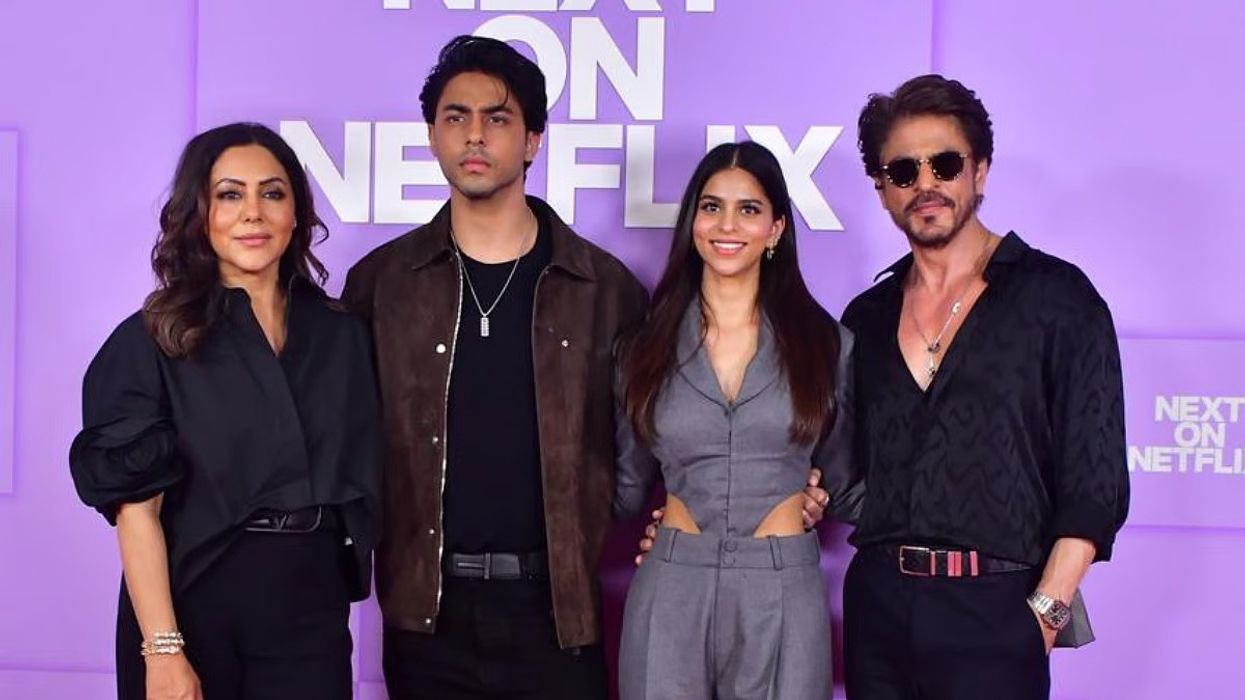

 From literary fame to legal turmoil – Neil Gaiman and Amanda Palmer face serious allegationsGetty Images
From literary fame to legal turmoil – Neil Gaiman and Amanda Palmer face serious allegationsGetty Images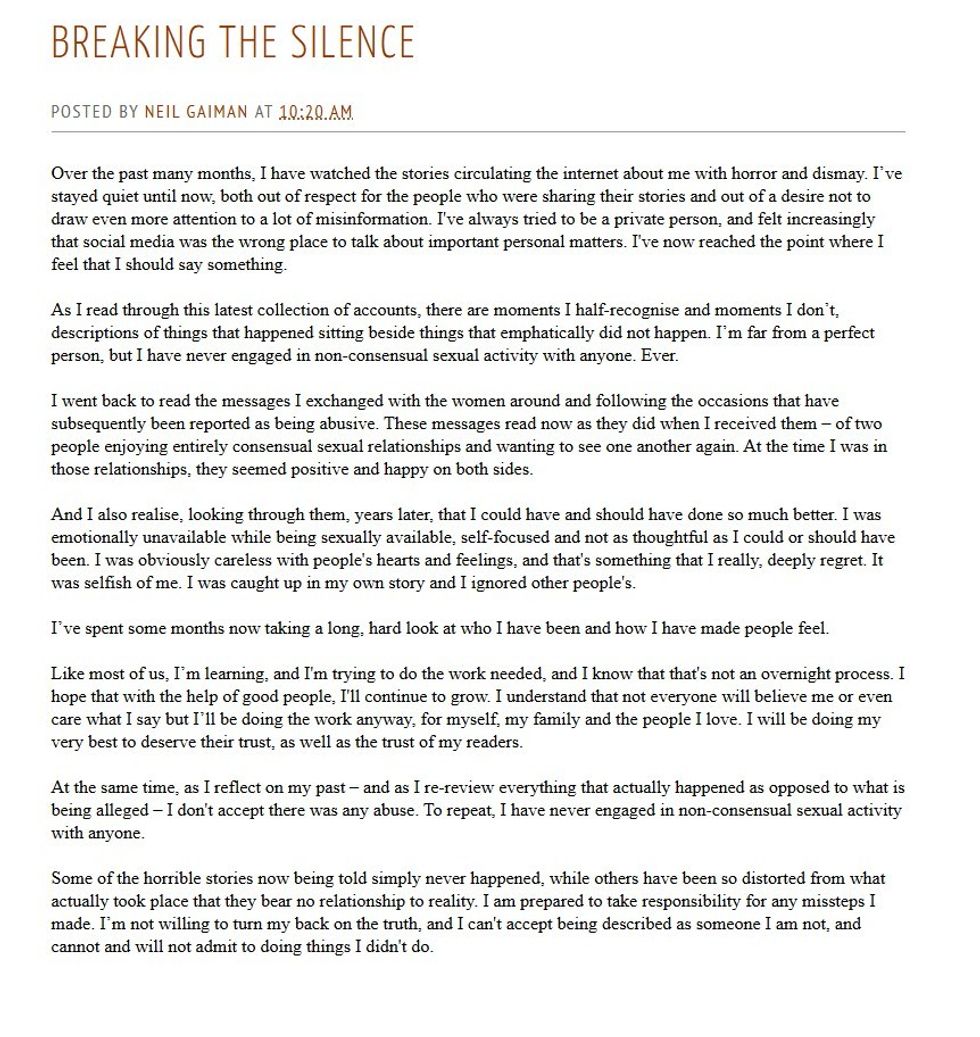 Neil Gaiman addresses recent allegations in a statement on his official blog acknowledging personal reflections while firmly denying claims of non-consensual misconductNeil Gaiman Website Journal
Neil Gaiman addresses recent allegations in a statement on his official blog acknowledging personal reflections while firmly denying claims of non-consensual misconductNeil Gaiman Website Journal 
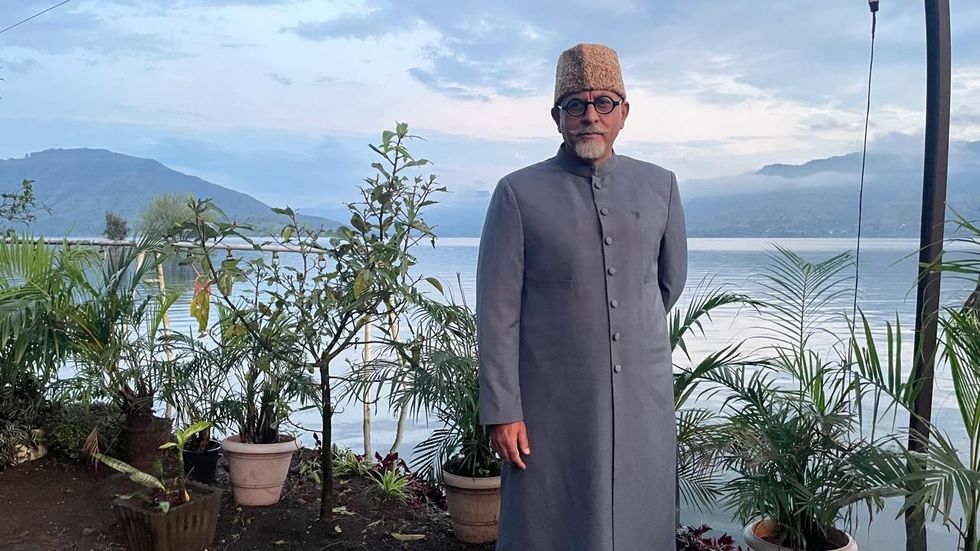 Chopra in Freedom at Midnight
Chopra in Freedom at Midnight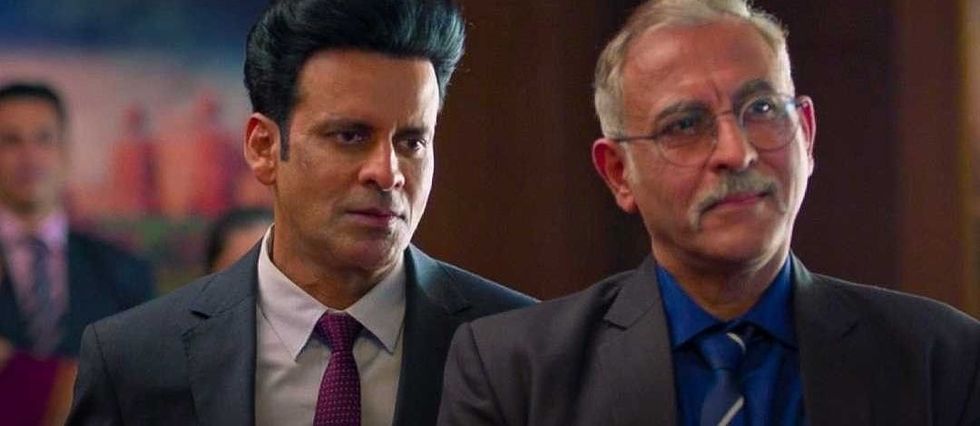 The Family Man; and Saand Ki Aankh
The Family Man; and Saand Ki Aankh